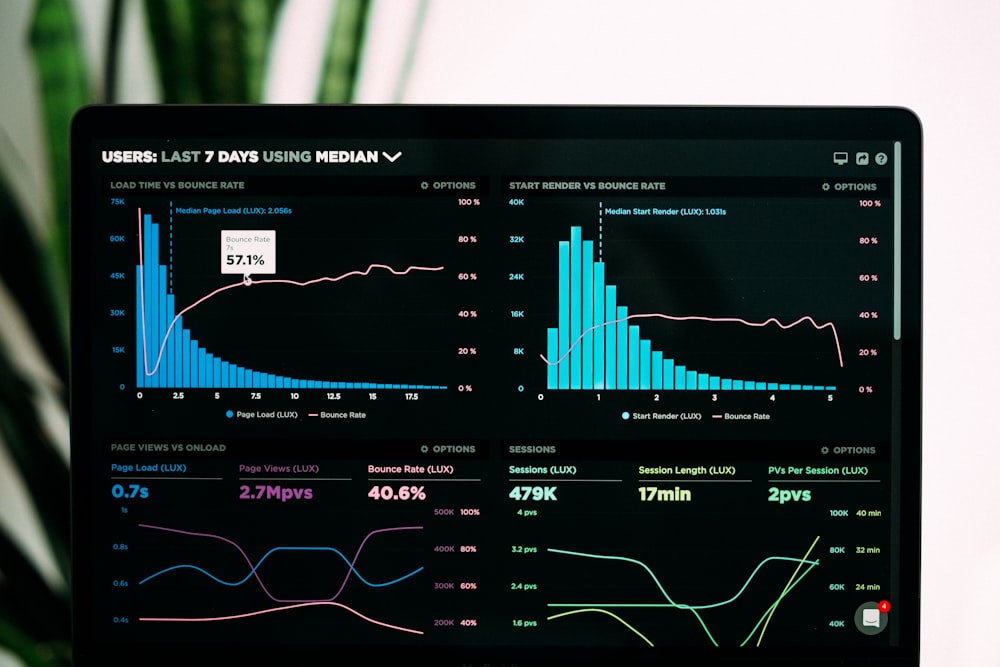Key areas of focus include Bitcoin’s rise alongside institutional investments through ETFs, which enhances the legitimacy of the U.S. crypto sector. The evolving crypto policy landscape in the U.S. is expected to yield ongoing positive news and regulatory advancements, as a potential Strategic Bitcoin Reserve could set the stage for large-scale Bitcoin investments similar to historical gold purchases during economic downturns.
The heightened institutional interest is demonstrated by increased open interest in CME Bitcoin futures, where levels have surged post-ETF approval. However, there are concerns about the sustainability of this interest, with the possibility that unwinding positions could induce significant price volatility.
Recent policy shifts, like the repeal of SAB 121, have made it easier for traditional financial firms to offer custodial services for crypto, leading major banks like Citibank and JPMorgan Chase to explore crypto custody opportunities. The FIT21 bill aims to clarify the regulatory environment by distinguishing between decentralized and centralized digital assets.
As the U.S. has yet to launch its Bitcoin purchases officially, traders and investors should keep an eye on stablecoin legislation developments, which could provide clearer paths for banks and corporations entering the crypto space. This framework is crucial for institutional engagement and long-term market stability.



